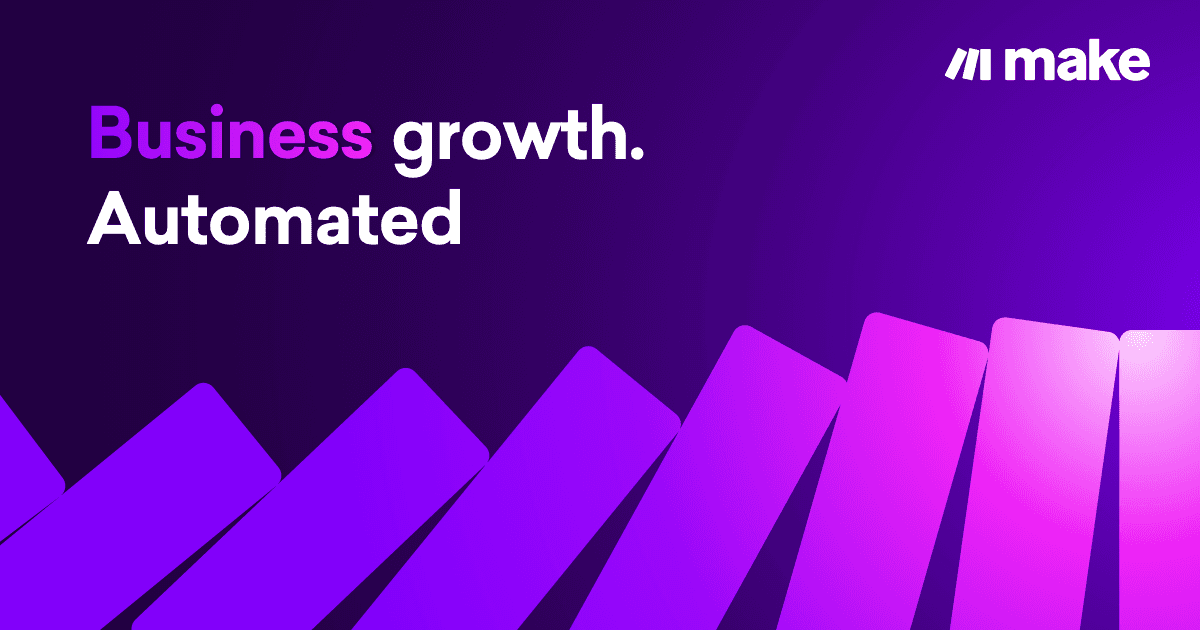Make: Automate Workflows and Boost Productivity with AI-Powered Automation
Make is an advanced automation platform that enables users to create powerful workflows by connecting apps and automating tasks without requiring any coding knowledge. By using Make, users can automate repetitive processes across different tools and platforms, saving time and effort. The platform supports a wide range of applications, including CRM, marketing, project management, and social media tools. Whether you're a developer, business owner, or freelancer, Make simplifies complex workflows by allowing you to automate tasks such as data syncing, lead management, and customer support, all from one central hub.
Key Features:
No-code automation: Build and automate workflows without needing coding skills, using an intuitive drag-and-drop interface.
App integration: Connect a wide range of apps, including CRM, marketing, e-commerce, and productivity tools.
Multi-step workflows: Create complex, multi-step workflows that automate tasks across multiple platforms and apps.
Real-time data syncing: Keep your data updated in real-time across all connected apps and tools.
Custom triggers and actions: Set custom triggers and actions based on specific events or conditions to automate workflows effectively.
Why use Make:
Make simplifies workflow automation, enabling users to focus on more important tasks rather than manual processes. Its no-code platform empowers users of all skill levels to create and manage powerful automations, whether it’s for business operations, marketing, or customer service. With its wide range of app integrations, real-time data syncing, and customizable triggers, Make allows businesses to streamline their processes and improve efficiency. The platform is flexible, scalable, and designed to grow with your business, making it an invaluable tool for improving productivity.
Ideal Use Cases:
Automating lead management: Automatically sync leads from various platforms into your CRM or marketing tools.
E-commerce workflows: Automate order processing, inventory management, and customer notifications across multiple e-commerce platforms.
Marketing automation: Create workflows to automate marketing tasks, such as sending newsletters, tracking campaign performance, and updating databases.
Project management: Connect project management tools to automate task creation, deadline tracking, and team collaboration.
Customer support: Automate customer queries, ticket creation, and responses across different support channels to provide efficient service.



















